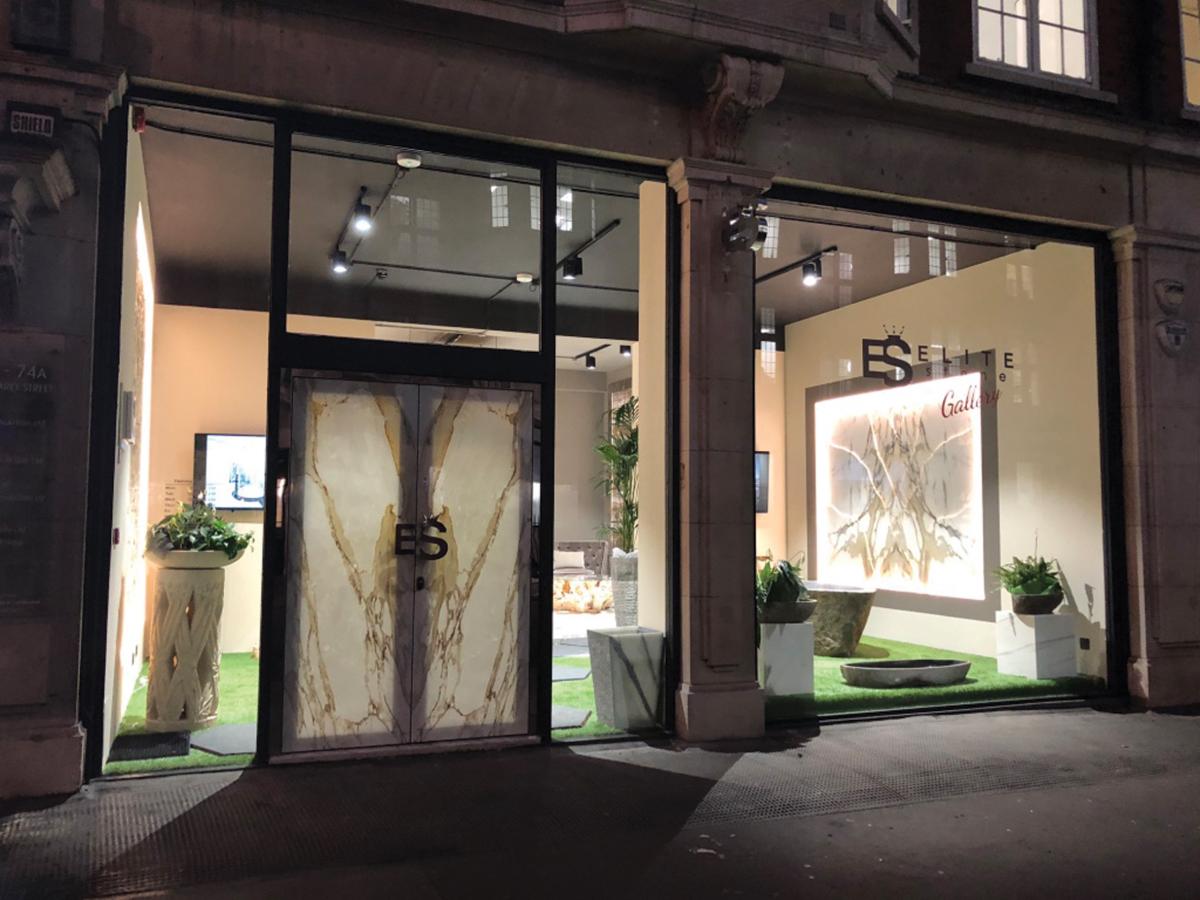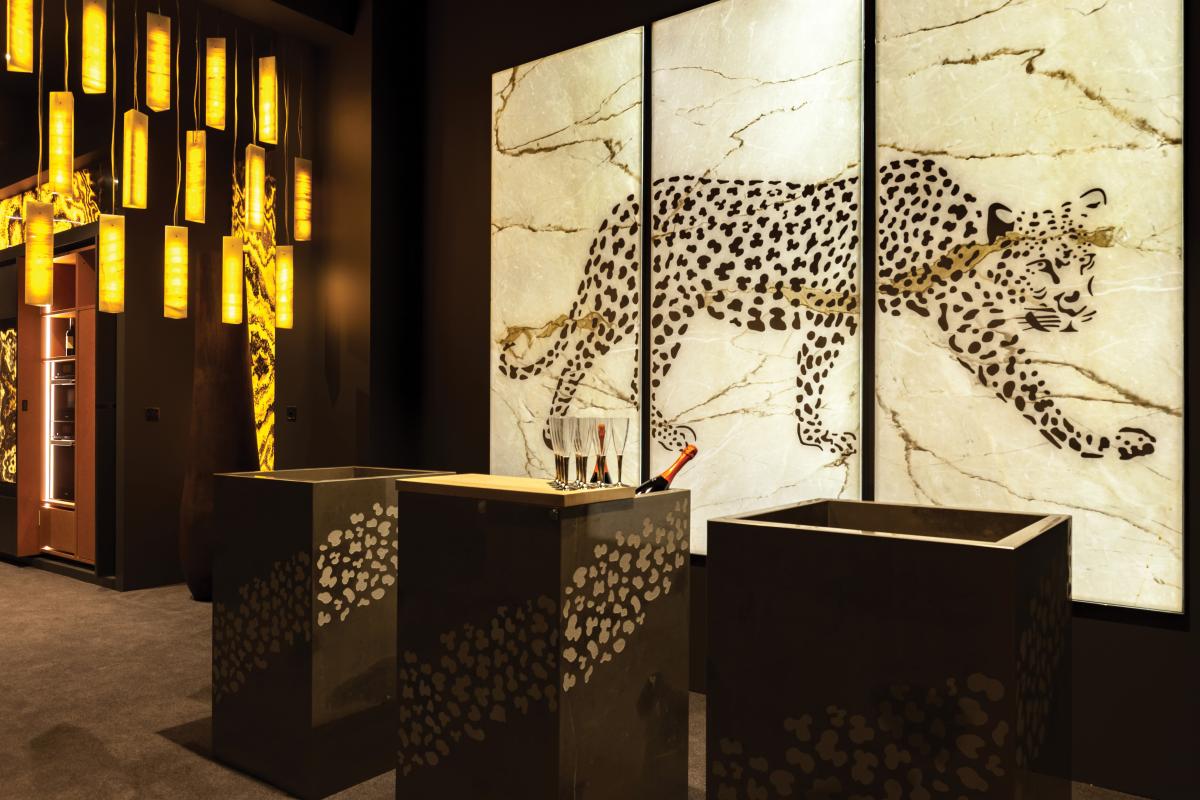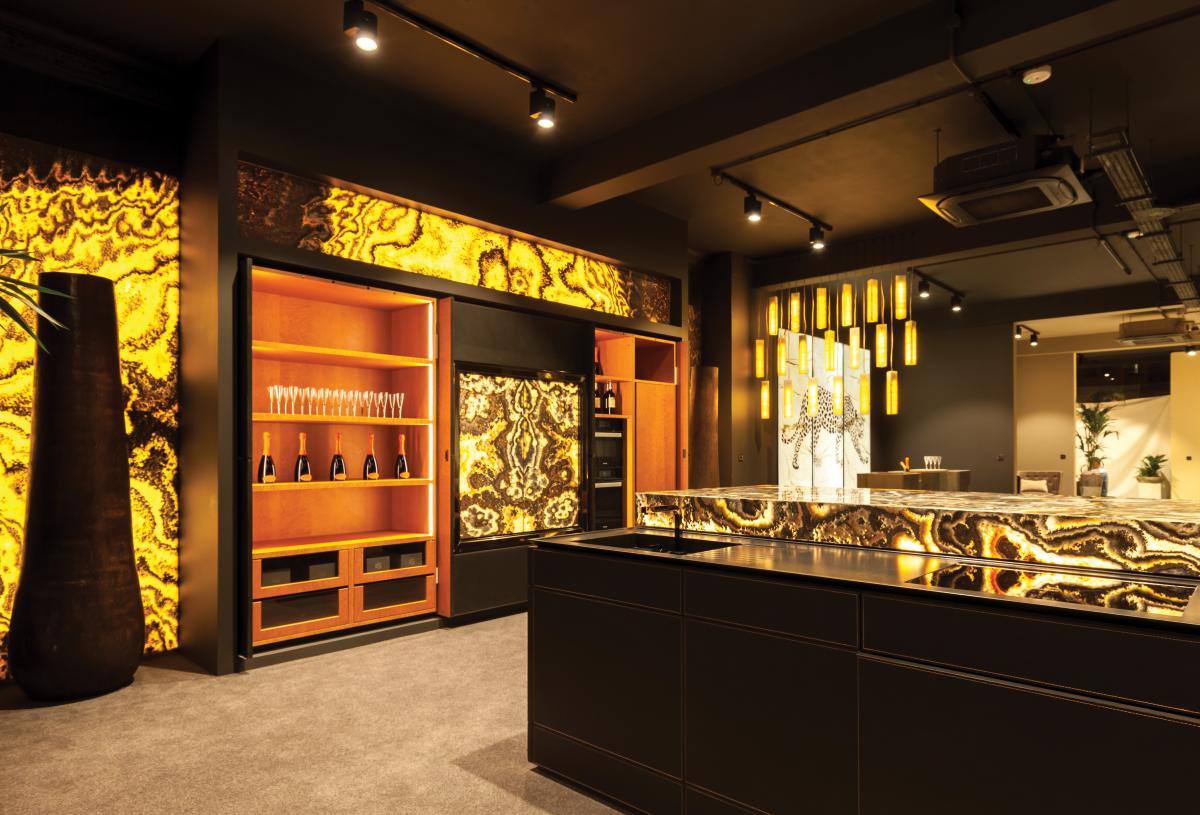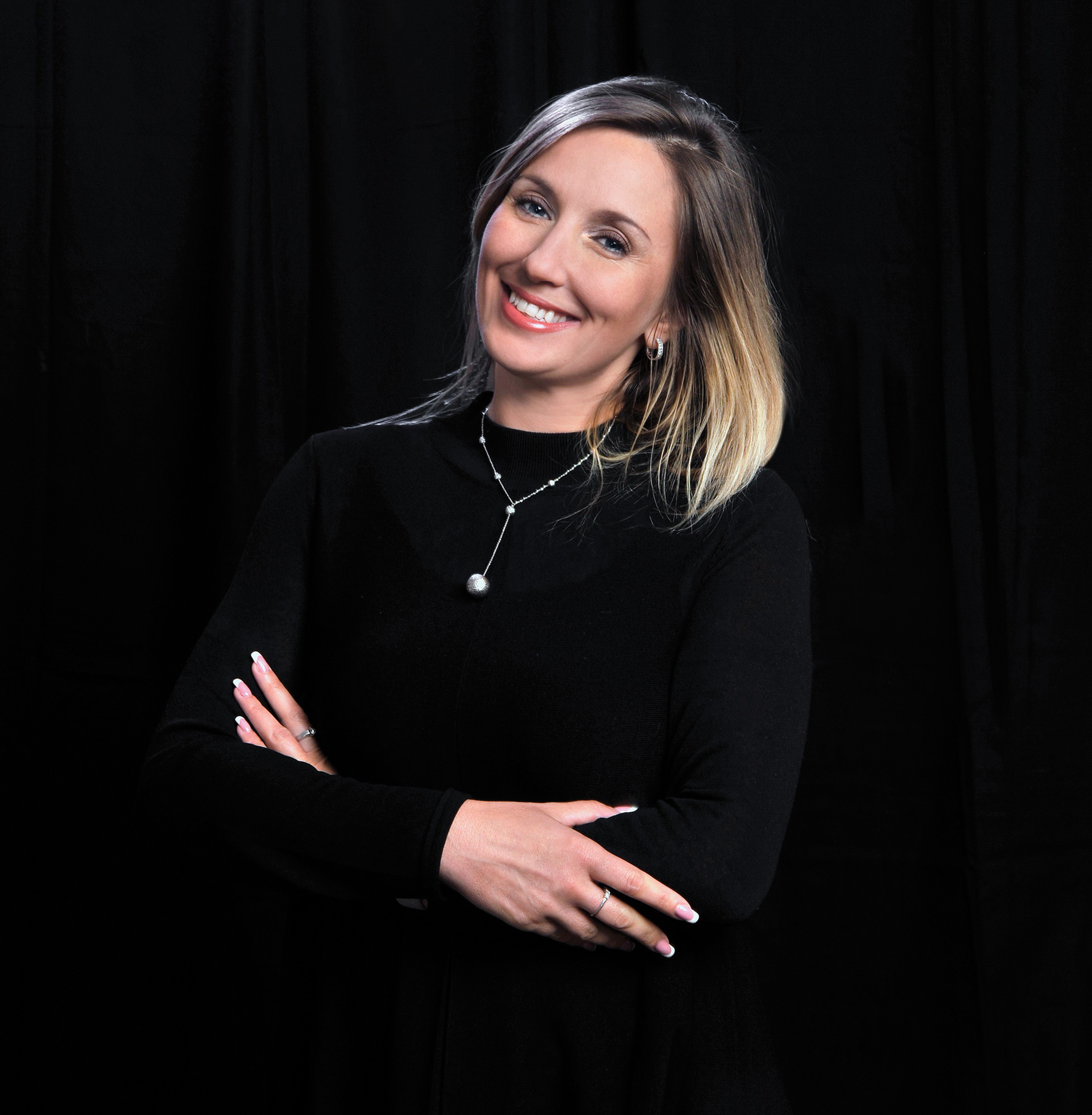The allure of London : Elite Stone
Italian company attracted by international architectural elite
Italy can’t compete with the Far East on price but it believes it can compete on style at the top end of the market. To reach the richest projects it helps to be in London, which is why Elite Stone has just opened a gallery in the UK capital, says CEO Tetyana Kovalenko.
There is a new name in central London. It is Elite Stone. In its 200m2 gallery are five room settings exuding luxury. The marble-backed glass entrance doors set the theme. There is an onyx bath, a bar area, black coral marble and onyx in a kitchen and entertaining area.
There is a strong emphasis on back lighting, perfected in Elite Stone’s E-Light system. It has been developed over the past decade to light large areas of stone uniformly, avoiding the pooling effect that lamps can produce.
There are back-lit onyx panels in the kitchen and back-lit feature walls in living areas; even a powerful back-lit jaguar panel.
Elite Stone is an Italian company run by Tetyana Kovalenko, a graduate of geology and mineralogy. She studied in Rome, which is where she started her stone business in 2000. But Tetyana is Ukrainian and speaks Russian, as well as fluent English and Italian, which helped her establish a foothold in London – a foothold that has now been strengthened with the opening of the Elite Stone gallery in wealthy Fitzrovia.
The first projects she supplied in London were for rich Russians who had bought property in the UK capital.
That gave her an introduction to architects and designers based in the city who work all over the world. “Most big projects are specified in London; it’s number one in the world,” she says.
The contacts she has made there have already led to prestigious projects in places such as Dubai, Korea and Nigeria, as well as in London itself - for example, 50 St James, where Elite Stone is supplying the stone for presidential suites that cost £40,000 a night to stay in.
Tetyana says 40% of her stone sales are now either for use in London or are specified by architects and designers based in London. She believes the city has even greater potential for her, which is why she has opened the Elite Stone Gallery at 74 Margaret Street, W1.
She says the London market is “one of the most difficult and complicated” to work with. It requires a high level of technical input, everything is bespoke and it has to be millimetre perfect. “It’s comparable with a yacht project,” she says.
 Last year Elite Stone opened a similar gallery in Verona as an addition to its 2,000m2 warehouse. The Italian showroom is 50% larger than the London premises - “London is expensive,” says Tetyana. In Italy it is called ES Atelier.
Last year Elite Stone opened a similar gallery in Verona as an addition to its 2,000m2 warehouse. The Italian showroom is 50% larger than the London premises - “London is expensive,” says Tetyana. In Italy it is called ES Atelier.
For projects requiring more than 1,000m2 of stone it is common for clients or their representatives to visit the Verona premises and choose the slabs they want. But for smaller projects, people in London do not want to travel to Verona to select the stone. Which is another reason for the gallery in London.
For domestic projects, the person making the choice is often female. Most of the top people at Elite Stone are also female, including, of course, Tetyana, its CEO. However, Tetyana says this is not a deliberate policy, they were just the best people for the jobs. “The new generation of women are ambitious, they move quickly and think commercially,” says Tetyana, whose own ambition is to grow her company by 20-30% a year.
Most of the company’s 50 employees are men who work in the factory. The two representatives in the London gallery are also men – Michele Farnese and, from the UK, Josh Hill, whose background is with Savage Stone in Storrington, West Sussex, a company Elite Stone has worked with in the UK for several years.
Another man is also important – Tetyana’s husband, Paolo Borghini, whom she describes as her main partner in life as well as in the gallery. He owns the famous Calacatta Borghini quarry in Carrara, Italy. This enables Elite Stone to bid for the largest Calacatta and Statuario marble projects with the confidence of knowing the supply will not dry up before the work is finished.
Being able to offer that guarantee has enabled Elite Stone to win many projects to supply Italian marble. That accounts for half its business, especially with white marble being so popular. The other half of its sales comes from luxury stones such as onyx from other parts of the world.
Working and fixing the stone is an important part of Elite Stone’s service. Tetyana believes sourcing stone of the best quality is paramount because there is a lot of second rate (or worse) stone on the market. But that accounts for nothing if it is not also processed and fitted to the highest standards. It is why the company only buys block, sawing, resining and polishing it in its own factory near Verona. 
“It would be cheaper to buy from abroad, but for us the quality wasn’t acceptable. It has to be perfect,” says Tetyana. The company has the same ethos for installing its stone, which is why it takes responsibility for that.
It was 10 years ago that Tetyana decided to concentrate on the top end of the market and specialise in Italian and exclusive marbles in particular. “Italian quality is incomparable,” she told NSS. “This is the strong point of Italy at the moment.”
Italy cannot compete on price against the Far East because working standards in Italy are higher and people get paid more. But there are still plenty of customers who want the best and are prepared to pay for it. That is the market Elite Stone wants to supply.
Of course, so do many others. But Tetyana believes Elite Stone has a combination of geological, engineering and architectural skills that allow it to offer a bespoke approach to each project with complete pre-sales and after-sales service. The company offers guidance on the selection and use of the stone – sizes, finishes, processing, design detail. “In London studios and practices we are appreciated for this different approach,” says Tetyana.
She also argues that choosing cheap stone doesn’t make any sense because 75% of the cost of a project will be the same whatever materials are used.
The gallery in London is Elite Stone’s first premises outside Italy. Tetyana spends a week a month there, in spite of having had a baby this year. But her mind is already turning towards America, or perhaps Israel (both currently markets for Elite Stone) for more outlets.
“When London can work on its own, then we can move on,” she says.

